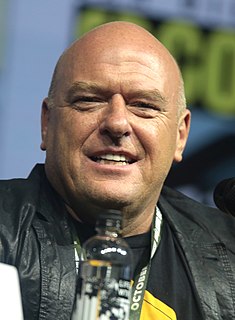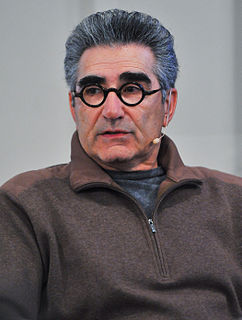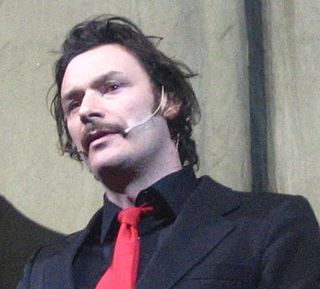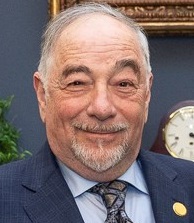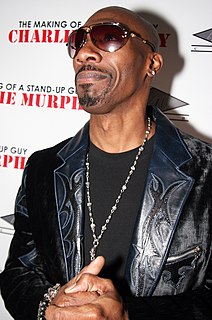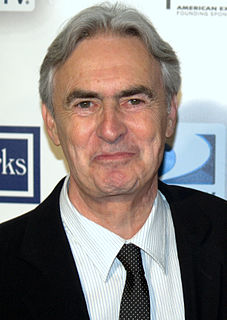Цитата Дина Норриса
Когда ты стендап, ты играешь перед 600 людьми, и все зависит от времени. Я никогда не мог сниматься в стендап-комедиях; это было бы слишком сложно для меня.
Связанные цитаты
Мне нравилось работать в стендапе, и я всегда мечтал, что смогу снять об этом фильм. Я не знал, хватит ли у меня смелости, потому что если ты сделаешь плохой фильм о стендапе, то комики будут издеваться над тобой до конца жизни. Они до сих пор без ума от фильмов, снятых 25 лет назад. Но это всегда было моей мечтой, и я был рад, что наконец придумал идею, которая позволила мне исследовать его таким образом, что это не только стендап, но стендап создает отличный фон для другого типа. истории.
Меня не волнует, что [Дональд Трамп] говорит обо мне. Это не имеет значения для меня. Я собираюсь встать на защиту иммигрантов. Я собираюсь встать на защиту американских мусульман, которые усердно работают в этой стране, которую они любят и считают своей. Я собираюсь заступиться за других женщин. Я буду отстаивать право выбора.
Я знал, что хочу играть в комедии, но путь наименьшего сопротивления состоял в том, чтобы выступать в клубах народной музыки, где я мог выйти на сцену. Я думаю, вы могли бы встать, независимо от того, насколько вы были плохи, и вам не нужно было прослушиваться. Ты только что встал. Все остальное требовало прослушивания, а если ты проходил прослушивание для телешоу, то стоял в очереди с сотней других людей. Но в клубах можно было просто встать, поэтому я начал со стендапа.
В начале моей карьеры комедия была для меня комбинацией отчаяния и того факта, что я могла это сделать. Я как бы блуждал и действительно понятия не имел, что я собирался делать со своей жизнью. Я пробовала стендап, и у меня это неплохо получалось. Я бы сказал, что я противоположность тому, кто испытывает желание стоять перед незнакомцами и рассмешить их, но идея встать и рассказать историю, а люди находят это забавным, всегда привлекала меня. Так что я бы сказал, что это было, вероятно, больше об этом, чем о чем-либо.
Я слышала, как бессчетное количество женщин — но ни один мужчина — говорили мне: «Я никогда не смогу предстать перед Верховным судом; это было бы слишком напряжно». Но я слышал, как бесчисленное количество мужчин и очень мало женщин говорили мне: «Я хотел бы выступить перед судом; это было бы так захватывающе».
В топе стендап-комедии места хватит всем — если ты хорош, места хватит всем. Вы поставите свое собственное шоу - вас никто не кастует. Вы ведете собственное шоу в качестве стендап-комика. Когда вы хорошо разбираетесь в стендап-комедии, вы заказываете театр, и если люди приходят, люди приходят. Если люди не появляются, люди не появляются. У вас нет ни режиссера, ни агента по кастингу, ни кого-либо, кто говорил бы, достаточно ли вы хороши — решит публика.
